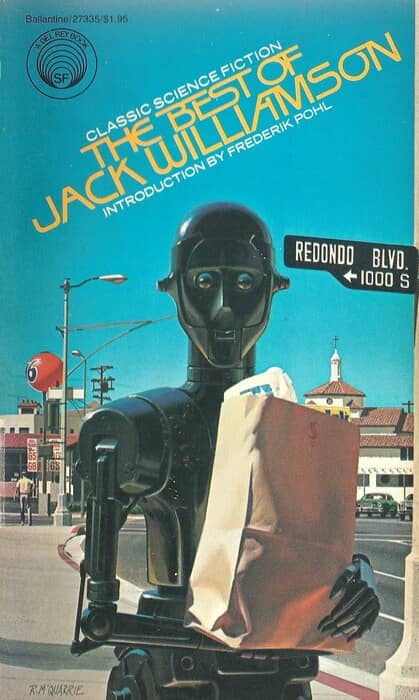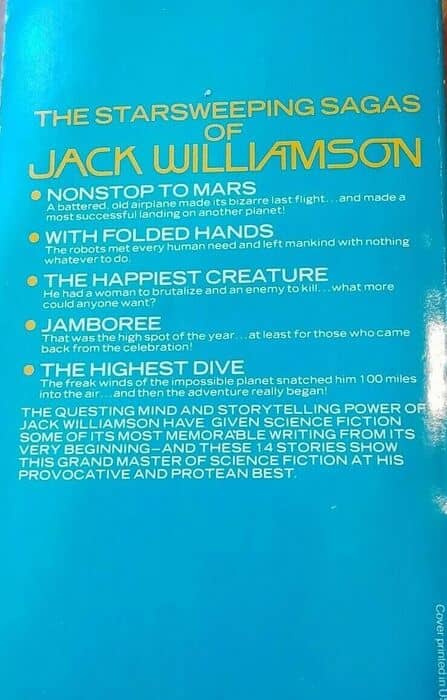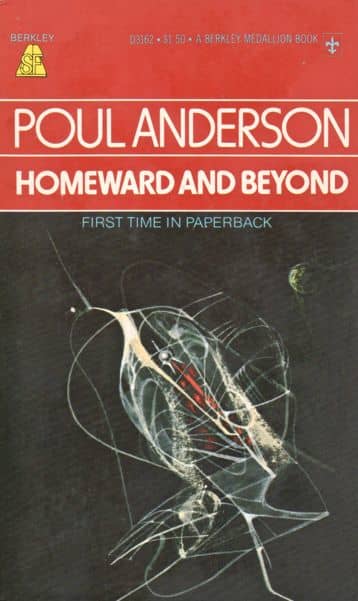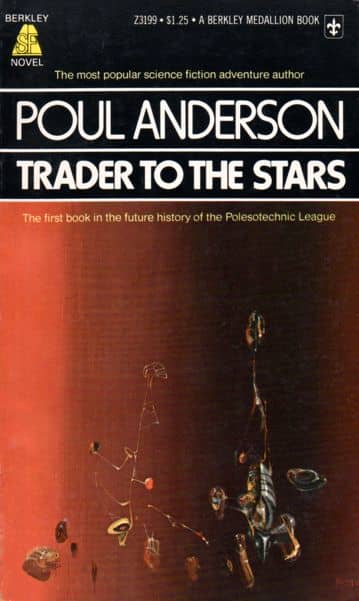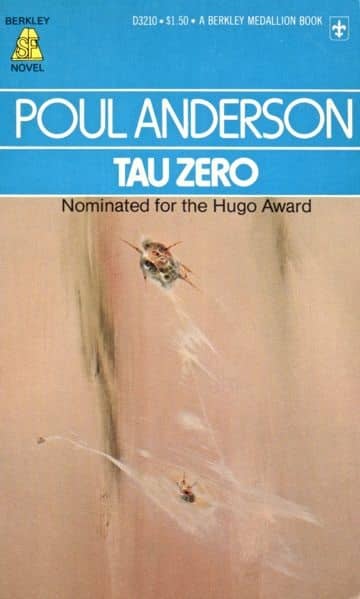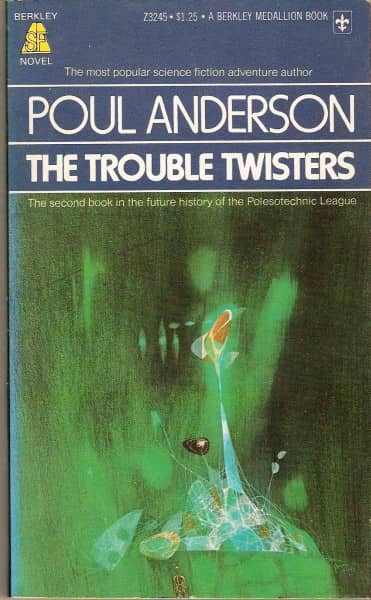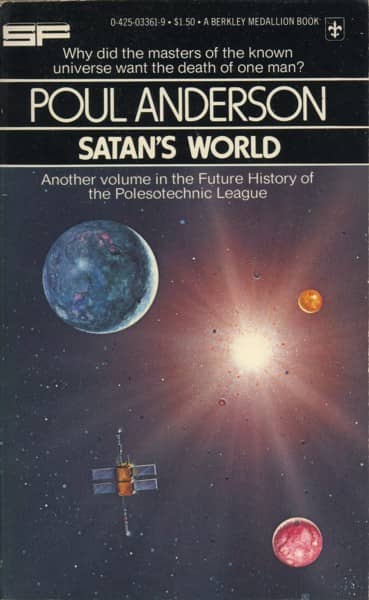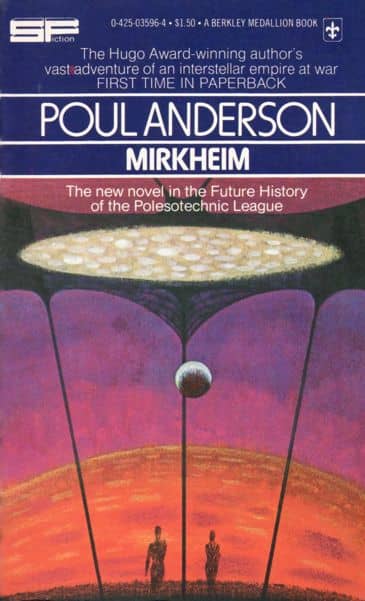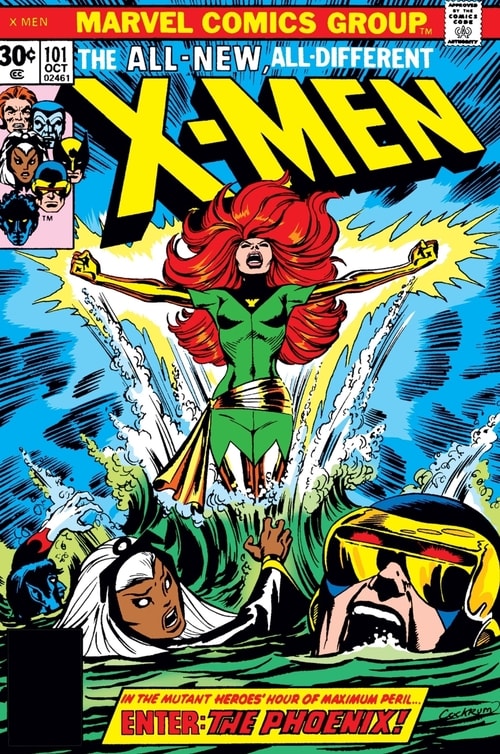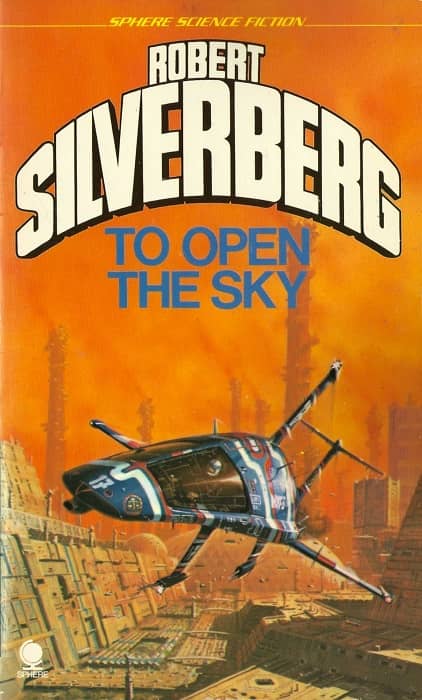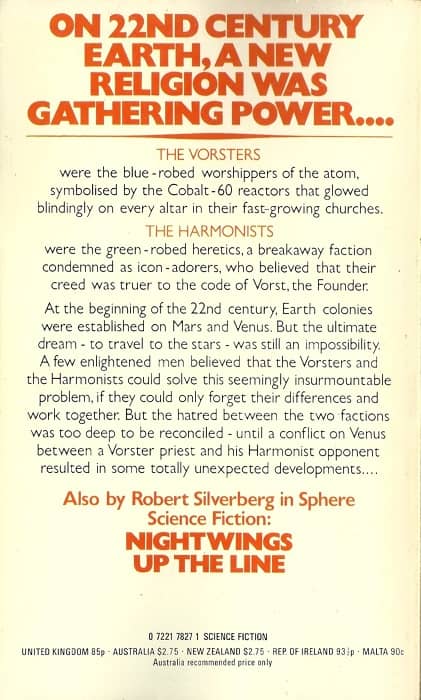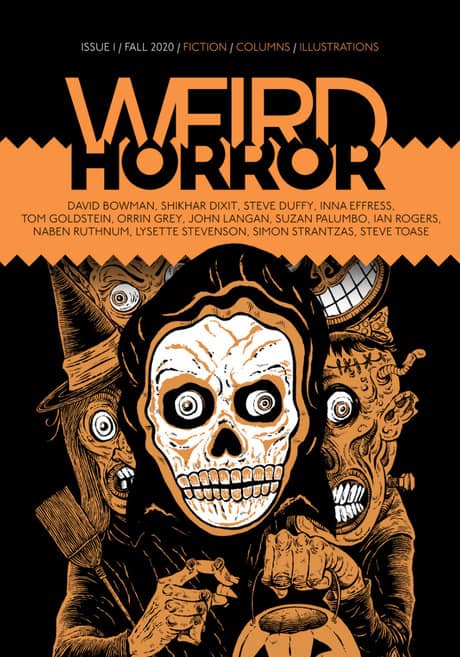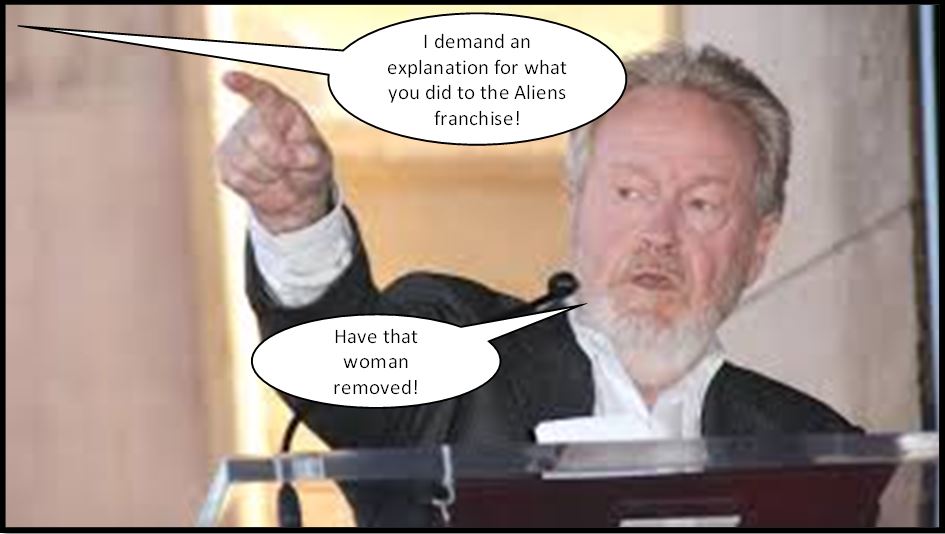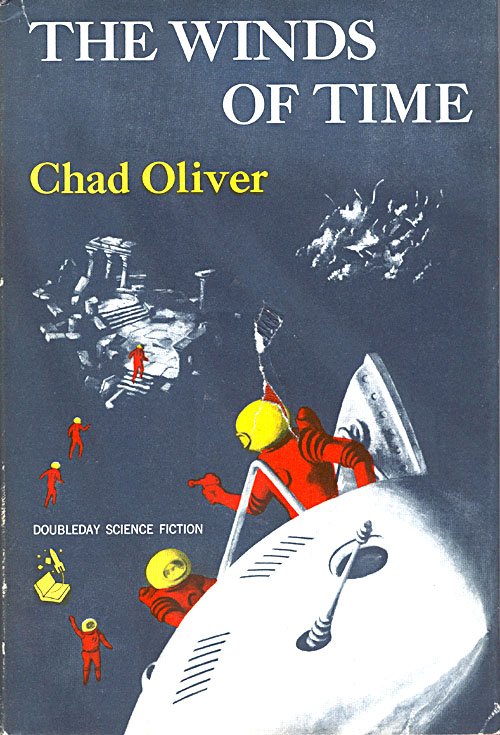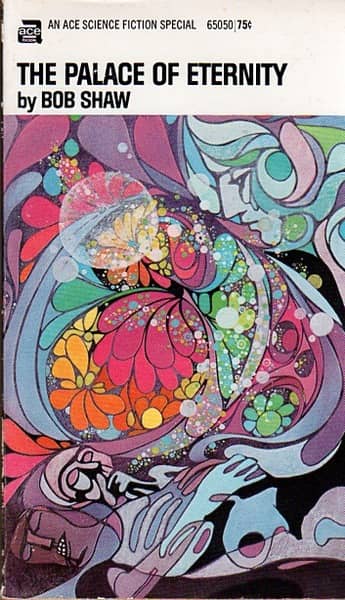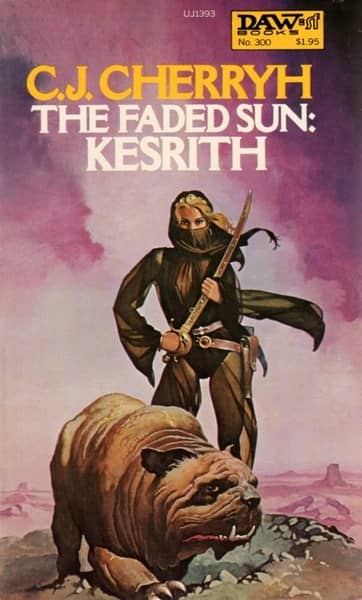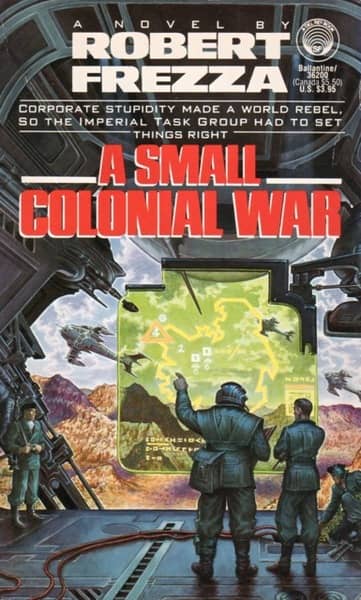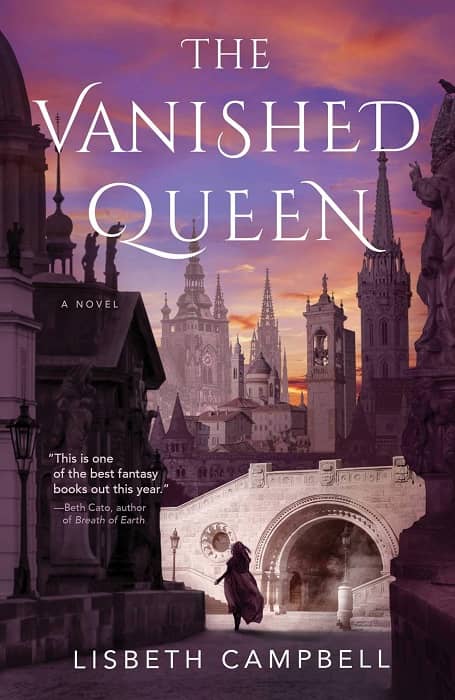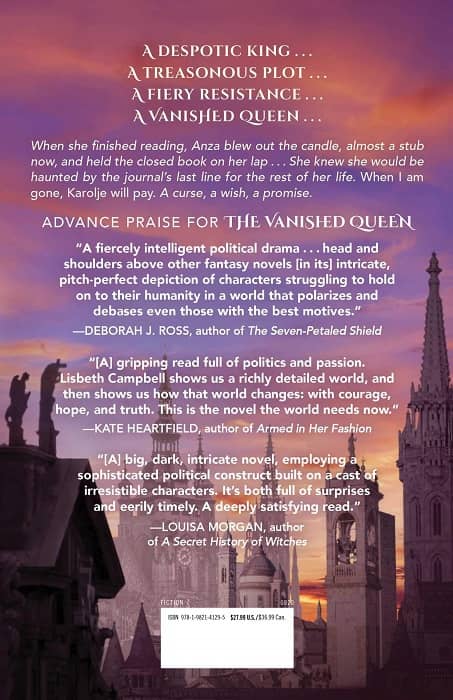A (Black) Gat in the Hand: Norbert Davis’ ‘Have One on the House’
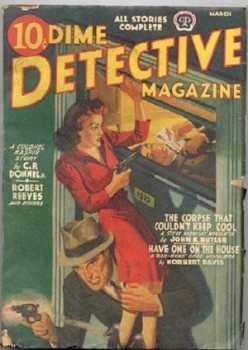 “You’re the second guy I’ve met within hours who seems to think a gat in the hand means a world by the tail.” – Phillip Marlowe in Raymond Chandler’s The Big Sleep
“You’re the second guy I’ve met within hours who seems to think a gat in the hand means a world by the tail.” – Phillip Marlowe in Raymond Chandler’s The Big Sleep
(Gat — Prohibition Era termsp for a gun. Shortened version of Gatling Gun)
I’ve said many times that Norbert Davis is on my Hardboiled Mt. Rushmore. He’s not the first face carved in hardboiled stone, but he’s one of only four that are. Max Latin is my favorite Davis character, and he appeared in five issues of Dime Detective. There were five Benjamin Martin stories – all in Detective Tales. It was William (Bail Bond) Dodd that was Davis’ frequently recurring character. There were eight stories in Dime Detective between February, 1940 through December, 1943.
Dodd is a physically unprepossessing bail bondsman. He doesn’t actively seek out trouble. You can’t even call his adventures cases. “Have one on the House” was in the March, 1942 issue of Dime Detective. That issue also included a Steve Midnight story from John K. Butler. Midnight was a broke former playboy who found adventures as a night shift cabbie. There was also a Bookie Barnes story from Robert Reeves. Reeves broke into Black Mask in 1940 at the age of 28. He was serving with a bomber unit in the Philippines when he died in 1945, only one month before the war ended. He had continued to write while in the service. His budding career was cut tragically short.
Back to Dodd! Norbert Davis is remembered as perhaps the best at screwball hardboiled. However, then and now, that carries a stigma and he is generally dismissed because of it. And it’s both inaccurate and unfair. He could write straight hardboiled, like “The Red Goose,” which Raymond Chandler praised as influencing him when he decided to become a writer. But what Davis did so well was inject humor into his hardboiled stories, without overwhelming them with it. That’s the case with the Bail-Bond Dodd stories. It’s not that the characters are funny – it’s the situations that Dodd (and his assistant, Meekins) find themselves in.
